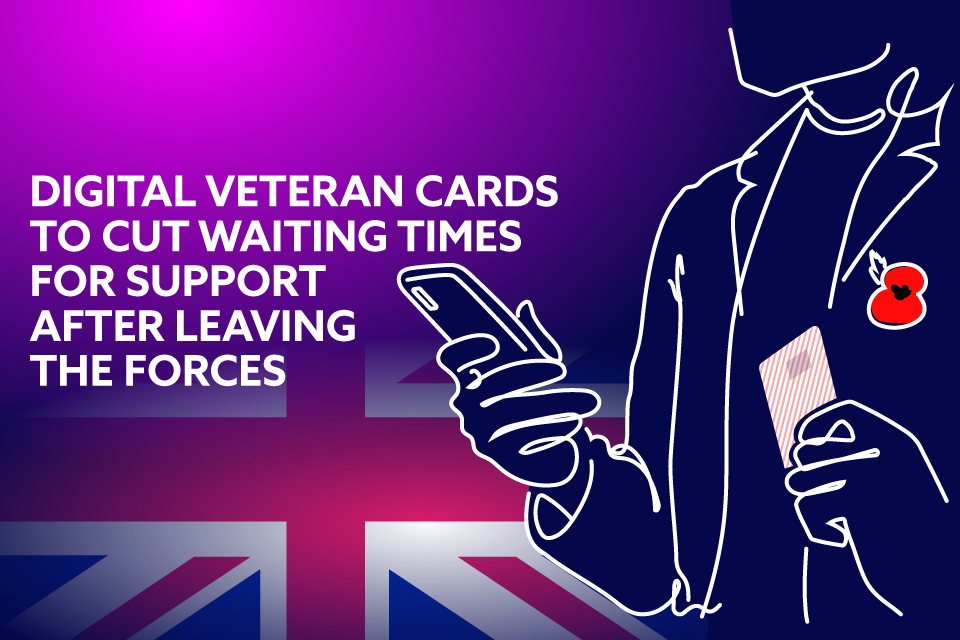What is the UK’s digital ID system?

What is the UK’s digital ID system?
In a move that has reignited debate over privacy and government surveillance, the UK government is set to launch its first digital identification trial this week — using military veterans as the initial test group. Beginning Friday, around 1.8 million former service members will gain access to a digital veteran card, marking a major step in the government’s ambitious plan to digitize all official credentials by 2027.
The initiative, part of Prime Minister Keir Starmer’s digital transformation agenda, will allow veterans to carry a proof-of-service credential on their smartphones through the new Gov.uk One Login app. This digital card replaces the physical veteran ID and offers access to a range of benefits, from military charity services to retail discounts and some public sector entitlements.
Testing the Waters for a National Digital ID
According to the government, this rollout is only the beginning. Officials confirmed that digital driving licences are already in development, with the long-term goal of bringing all major credentials — including criminal record and disclosure checks — into a secure, smartphone-based platform by 2027.
Starmer has also hinted at making digital ID mandatory for anyone proving their right to work in the UK before the end of this parliament — a proposal that has been met with fierce opposition. A petition signed by nearly three million people has called for the policy to be scrapped, citing fears of excessive surveillance and data misuse.
However, Technology Secretary Liz Kendall dismissed these claims as “scaremongering,” stressing that no personal data will be pooled into a single government database. “This is not about tracking citizens,” Kendall told Parliament. “It’s about simplifying access to public services while ensuring robust data protection.”
Veterans Split on the Scheme
The Royal British Legion, one of the UK’s most respected veterans’ charities, described the initiative as “a positive step” that could improve access to benefits and make administrative processes smoother.
But not everyone is convinced. Stephen Kent, media director of the Veterans Association UK, called the scheme unnecessary and invasive. “We don’t need it. A lot of veterans feel like we’re being used as an experiment,” he said.
How It Works: The Technology Behind the Digital ID
Veterans’ credentials will be encrypted and stored directly on their smartphones, similar to how tickets are saved in Apple Wallet or Google Wallet. Access requires facial recognition or fingerprint verification, making it, according to officials, safer than carrying a physical ID card.
To ease public fears of a mass surveillance database, the government insists that each digital ID will be stored separately by its issuing department, preventing the creation of a central data hub often described by critics as a “hacker’s honeypot.”
Political Divide and Data Security Concerns
Despite assurances, resistance remains strong across party lines. The Conservatives, Liberal Democrats, and SNP have all voiced opposition, while Labour MP Richard Burgon warned the digital ID could erode “civil liberties and data security,” potentially handing citizens’ data to “US tech giants.”
In response, Kendall reiterated that the system will be built entirely in-house by the Government Digital Service (GDS), with an estimated setup cost of £1 billion. She also ruled out any possibility of the ID tracking location, spending habits, or social media use. “At no stage,” she emphasized, “will people be required by police or any authority to produce their digital ID.”
As the rollout begins, the government hopes the veteran trial will rebuild public confidence in digital governance — or at least calm fears of a surveillance state in the making.
FAQs
1. What is the UK’s digital ID system?
It’s a government-backed initiative allowing citizens to store and use official credentials, such as driving licences and veteran IDs, on their smartphones.
2. Who will test it first?
Military veterans will be the first group, with digital veteran cards becoming available this week.
3. Will digital IDs be mandatory?
Not yet — but Prime Minister Keir Starmer has proposed making them mandatory for proving the right to work before the end of this parliament.
4. Is my data safe with a digital ID?
The government says data will remain encrypted and stored within individual departments, not in a central database.
5. What is the long-term plan?
By 2027, the UK aims to offer digital versions of all major government-issued credentials.

